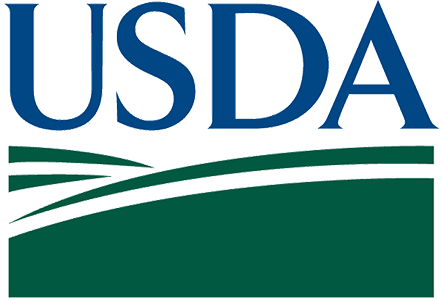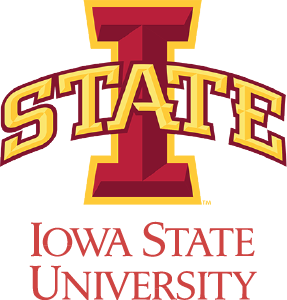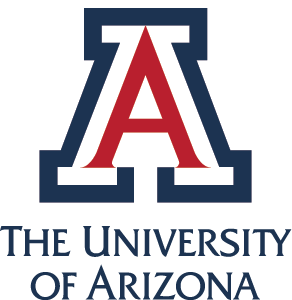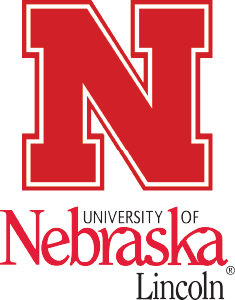AG2PI Field Day #25 - March 15, 2023
Translating from Model Plants to Crop Systems
March 15, 2023
10:30 AM - 12:00 PM
(US Central Time)
Purpose
Demonstrate how research on model and non-model plants has been applied in crop improvement.
Registration
Register for the virtual event by clicking the link below. Upon registration, you will receive a confirmation email with information about joining the meeting
Field Day RegistrationField Day Recording
Field day recording is now available, click the button below to launch and watch the recording
Watch Field Day RecordingRapidly Domesticating Pennycress Into an Oilseed Cash Cover Crop by Leveraging Decades of Plant Research
Field Pennycress (Thlaspi arvense L.) is a Brassica under development as a winter annual oilseed cash cover crop for the U.S. Midwest Corn Belt and other temperate agricultural regions. Pennycress has unique attributes such as extreme cold tolerance and rapid spring growth, allowing it to be planted in the fall e.g. at the time of corn harvest and harvested in the spring in time to plant soybeans. This talk will describe how decades of basic plant research enabled rapid domestication of the weed pennycress into a crop named CoverCress.
Presenter

John Sedbrook is a Professor of Genetics at Illinois State University using molecular genetic methods to improve plants for their use in generating biofuels, food, feed, and industrial products. Dr. Sedbrook is leading multi-institutional interdisciplinary efforts in domesticating and improving pennycress as an oilseed-producing winter cash cover crop for the U.S. Midwest and other temperate agricultural regions.
Translating Model and Non-model Genomic Discoveries to Crop Plants
Much of what is known of the molecular and cellular workings in plant biology has been worked out using reductionist methods in model plants like Arabidopsis thaliana, which do not always translate well to crop plants. Moreover, there has been a bias towards manipulating genes of interest with strong promoters from Arabidopsis or knocking out a presumed ortholog in crops; these efforts have largely failed to produce robust commercial biotechnology crops. The availability of high-quality genomes across an array of landraces and elite lines in the major crops, coupled to advances in gene editing technologies, have opened news ways to translate discoveries from model and non-model plants directly to crops.
Presenter

Todd Michael is a Research Professor at the Salk Institute for Biological Studies and Research Associate at the San Diego Botanical Garden (SDBG). The Michael group is focused on leveraging sequencing and informatics to understand plant genome architecture. At the Salk, the Michael Group is applying their genomics platform to the Harnessing Plant Initiative (HPI), which aims to translate discoveries in model and non-model plants into crop, rangeland and wetland plants to sequester more carbon via extensive root systems containing recalcitrant carbon polymers. Dr. Michael has previously directed genome centers at Monsanto, Abbott Laboratories, Rutgers, and the J. Craig Venter Institute (JCVI).





